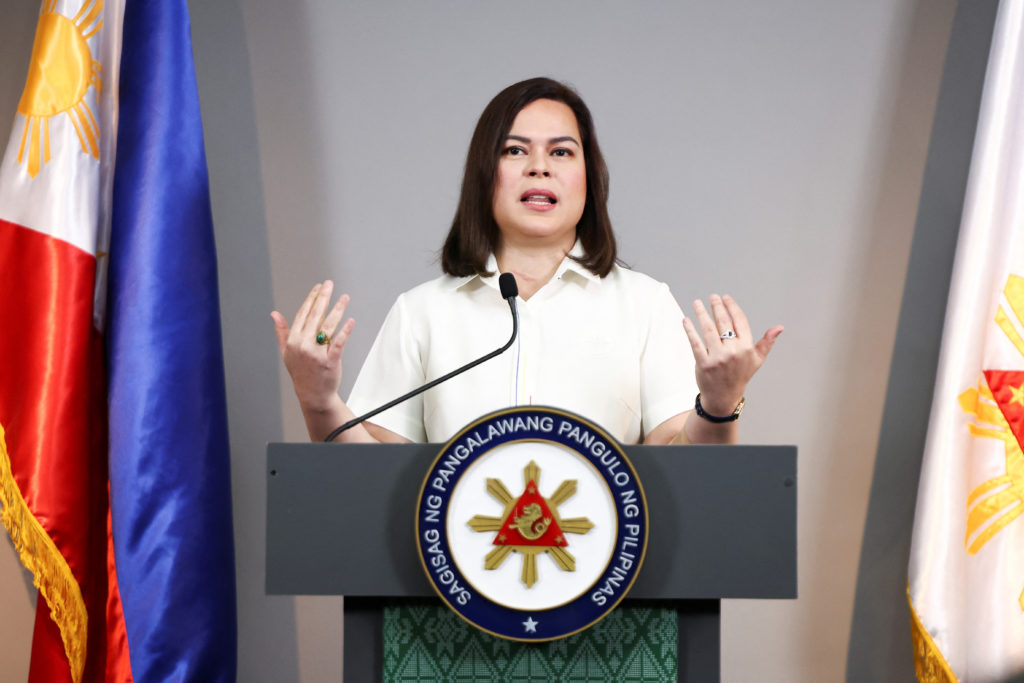
Political Turbulence in the Philippines: A Personal Perspective
The Philippine political scene has been nothing short of a telenovela lately, and I’ve been glued to every episode. As someone who’s been following Philippine politics for years, I can tell you that the current situation is as dramatic as it gets.
The Budget Controversy
I still remember sitting in my favorite coffee shop in Makati last December, scrolling through news about the 2025 budget approval. What caught my attention was the complete elimination of subsidies for PhilHealth, our national health insurance. Can you believe it? Zero subsidies despite the executive branch proposing P74.43 billion for the upcoming year.
When I discussed this with my Filipino friends, we were all baffled by the lawmakers’ reasoning. They pointed to PhilHealth’s substantial “reserve fund” of P500 to P600 billion, suggesting this should be used before seeking additional funding. But this completely contradicts the Universal Health Care Act, which stipulates that premium subsidies for the poor and senior citizens should be adjusted annually in the General Appropriations Act.
“This is going to affect my lola,” my friend Maria said, referring to her grandmother who relies on PhilHealth for her medical needs. And she’s right – if PhilHealth depletes its reserve funds, the expansion of benefits will almost certainly be hampered.
The Marcos-Duterte Feud Intensifies
Last week, I was having dinner with colleagues when someone brought up the news about former President Rodrigo Duterte. According to reports, the Philippine National Police is preparing to deploy around 7,000 officers to arrest him following an Interpol red notice. The manhunt is expected to focus on Metro Manila and Davao, with security forces securing major entry points across the country.
This comes on the heels of the impeachment of Vice President Sara Duterte, which has added significant political weight to the 12 Senate seats up for election in May. The impeachment marks the culmination of a bitter feud between Duterte and President Ferdinand Marcos Jr. that has been brewing for months.
I remember walking past a campaign billboard of Camille Villar last week – she’s the fourth Villar running for Senate, and she’s already spent P1.73 million on social media ads between July and September 2024. The rising cost of elections in the Philippines is staggering, and it makes me wonder about the accessibility of public office to ordinary Filipinos.
Looking Ahead to the 2025 Elections
The midterm elections scheduled for May 12, 2025, are approaching fast. I’ve already marked my calendar and reminded my overseas Filipino friends that they can vote from April 13 to May 12, 2025.
What’s particularly interesting about these elections is that we’ll see a new provider for the country’s automated election system. After years of using Smartmatic, the Commission on Elections has awarded an P18-billion lease contract to South Korean firm Miru Systems. There will also be innovations like internet voting for overseas voters and early voting for seniors, persons with disabilities, and pregnant women.
I attended a community forum last month where election watchdogs praised Comelec’s “unprecedented transparency” in its preparations, though they remain cautious about the new election systems provider.
The Bangsamoro elections situation is also fascinating. Just last October, the Bangsamoro Transition Authority urged Congress to postpone the first regular elections in the Bangsamoro Autonomous Region in Muslim Mindanao and extend the transition period to 2028. They cited the Supreme Court ruling that excluded Sulu from the BARMM, which disrupted preparations for the 2025 polls.
Final Thoughts
As I sit here writing this, I can’t help but feel both concerned and intrigued by the political landscape in my beloved Philippines. The complete elimination of PhilHealth subsidies, the intensifying Marcos-Duterte feud, and the upcoming elections all point to a politically charged year ahead.
What gives me hope is seeing independent candidates like Attorney De Alban stepping up, focusing on issues like enhanced benefits for children with special needs and amendments to the family code. It reminds me that despite the political drama, there are still people genuinely interested in public service.
I’ll be watching closely as these events unfold, and I hope you’ll join me on this journey through Philippine politics. After all, in a democracy, staying informed is not just a right – it’s a responsibility.